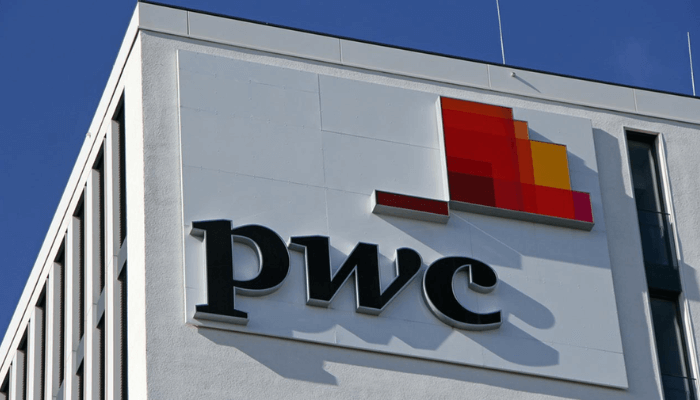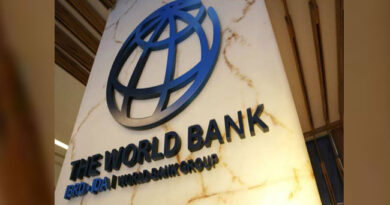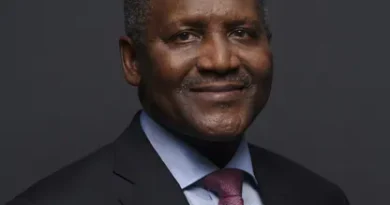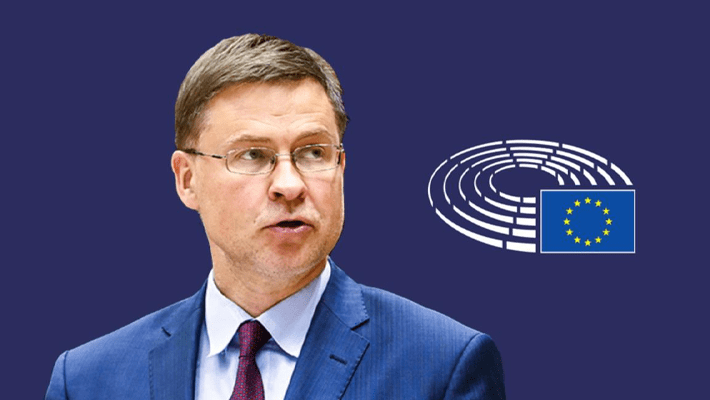PwC Urges CBN to Keep Tight Monetary Policy to Stabilise Naira and Fight Inflation
PricewaterhouseCoopers (PwC) has advised the Central Bank of Nigeria (CBN) to continue with its tight monetary policy to help stabilise the naira and reduce inflation in 2025. In a new report titled ‘Global Economic Policy Changes and Implications for Nigeria’, the firm stressed the need for elevated interest rates amid global policy shifts and ongoing currency challenges.
According to PwC, Nigeria’s central bank must remain firm in its monetary stance to control inflation, maintain a stable foreign exchange market, and restore investor confidence while still ensuring enough liquidity to support economic growth.
This recommendation follows recent market turbulence, partly influenced by renewed trade tensions and tariffs introduced by U.S. policies, which have created fresh pressure on global currency markets and inflation rates. These international shifts are complicating the domestic economic landscape and testing Nigeria’s recovery efforts.
The CBN’s Monetary Policy Committee (MPC) had already signalled caution in February by keeping the Monetary Policy Rate (MPR) steady at 27.5 percent and maintaining all key rates. This move, taken despite some early signs of easing inflation, showed the bank’s commitment to managing inflation risks carefully.
Looking ahead to the MPC’s 300th meeting in May, analysts expect the CBN to likely keep rates unchanged. This comes as inflation rose from 23.18 percent in February to 24.23 percent in March, mainly driven by rising food and fuel prices.
Meanwhile, the naira’s recent decline—losing 5 percent of its value against the U.S. dollar this month—has added more urgency to the situation. Even with over $200 million injected into the FX market by the CBN, the naira is now the second-worst performing currency globally this month, according to Bloomberg.
These developments have erased some of the progress made by the naira in the past year following major reforms by President Bola Tinubu’s administration, which had allowed the currency to float more freely after long-standing exchange rate controls were removed.
Despite these setbacks, PwC remains optimistic about Nigeria’s economic outlook. The firm projects that inflation will fall to 21.46 percent in 2025 due to consistent monetary tightening and an improving FX market. It also expects the exchange rate to stabilise, thanks to ongoing reforms that should boost foreign currency inflows.
With support from global credit rating agencies like Fitch Ratings, which have offered similar forecasts, PwC’s position highlights the importance of disciplined policy actions to help Nigeria maintain economic resilience in a tough global environment.








